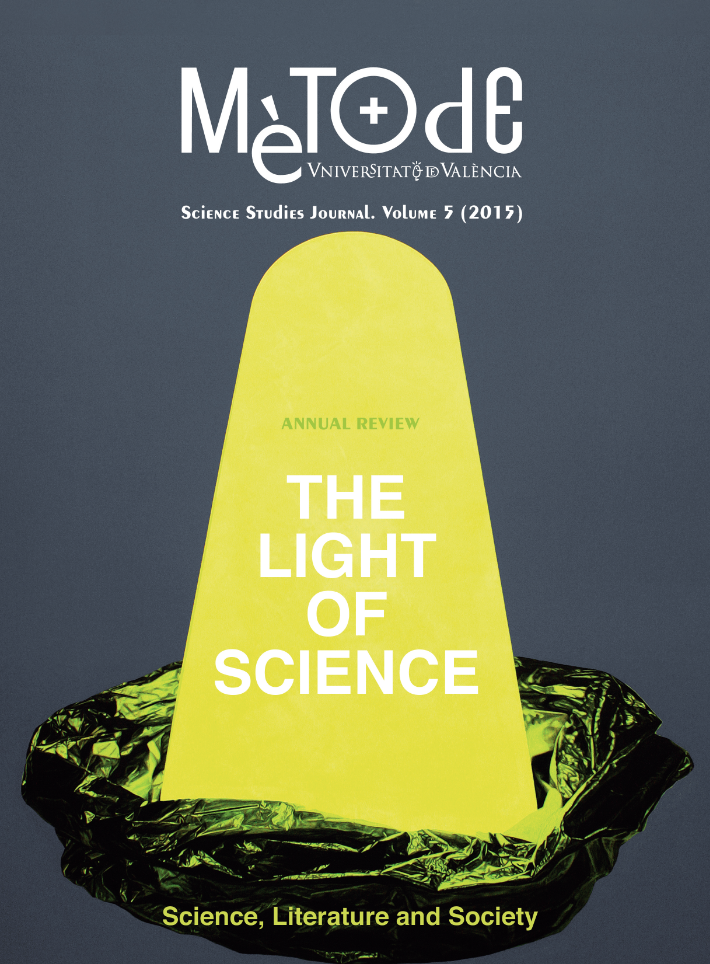What is science? A historian’s perplexities
DOI:
https://doi.org/10.7203/metode.0.3915Keywords:
science, history, theology, scientist, natural philosophy Abstract
Abstract
What is science? This deceptively straightforward question has no single answer, because science is culturally situated, and so has neither a permanent nor a universal meaning. Because modern scientific practices have different histories, they vary from place to place. The significance of science also changes over time, although current understandings are often misleadingly extended to cover the past. Science continues to change, and the science of the future may well be very different from the science of the present.
 Downloads
Downloads
 References
References
Dear, P., 2006. The Intelligibility of Nature: How Science Makes Sense of the World. University of Chicago Press. Chicago.
Fara, P., 2009. Science: A 4000 Year History. Oxford University Press. Oxford.
Hobson, J. M., 2004. The Eastern Origins of Western Civilisation. Cambridge University Press. Cambridge.
Knight, D., 2009. The Making of Modern Science: Science, Technology, Medicine and Modernity: 1789-1914. Polity. Cambridge.
Published
How to Cite
-
Abstract2688
-
PDF (Català)474
-
PDF (Español)1469
-
PDF241
Issue
Section
License
![]()
All the documents in the OJS platform are open access and property of their respective authors.
Authors publishing in the journal agree to the following terms:
- Authors keep the rights and guarantee Metode Science Studies Journal the right to be the first publication of the document, licensed under a Creative Commons Attribution-NonCommercial-NoDerivatives 4.0 International License that allows others to share the work with an acknowledgement of authorship and publication in the journal.
- Authors are allowed and encouraged to spread their work through electronic means using personal or institutional websites (institutional open archives, personal websites or professional and academic networks profiles) once the text has been published.





